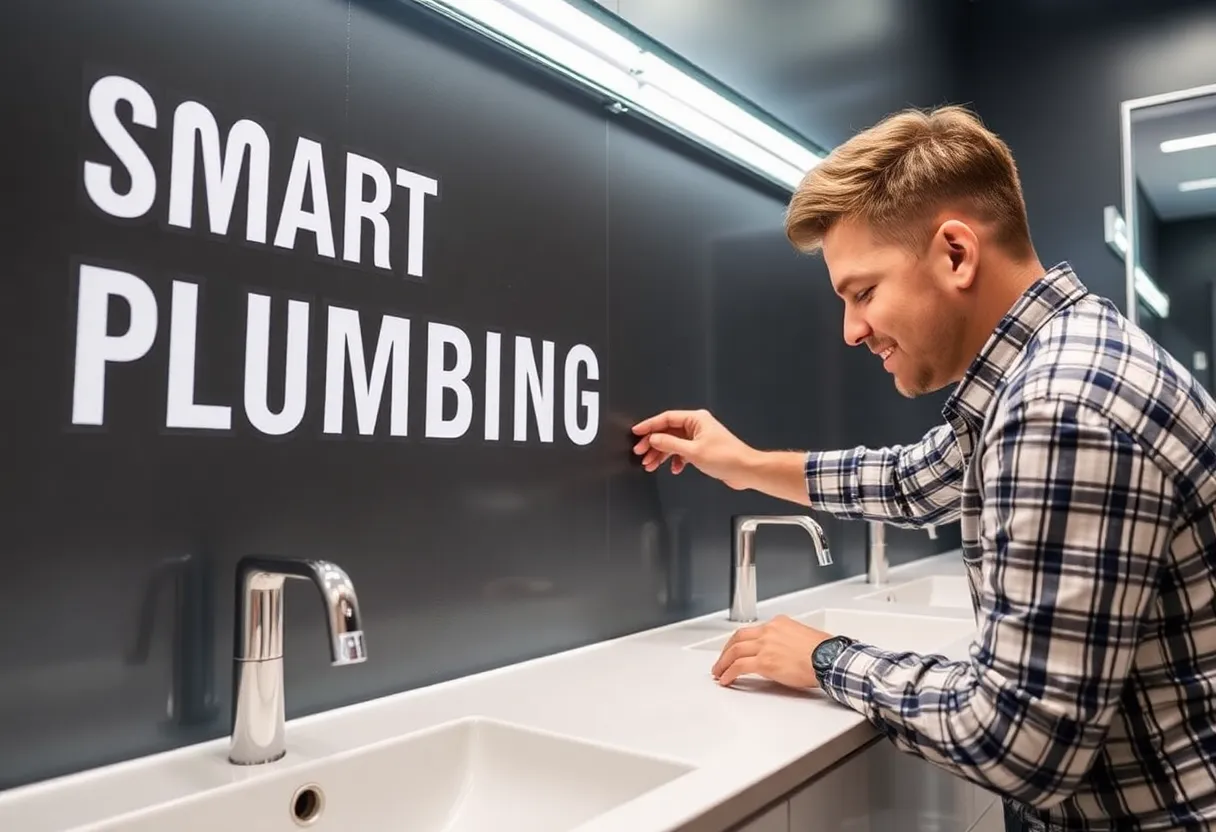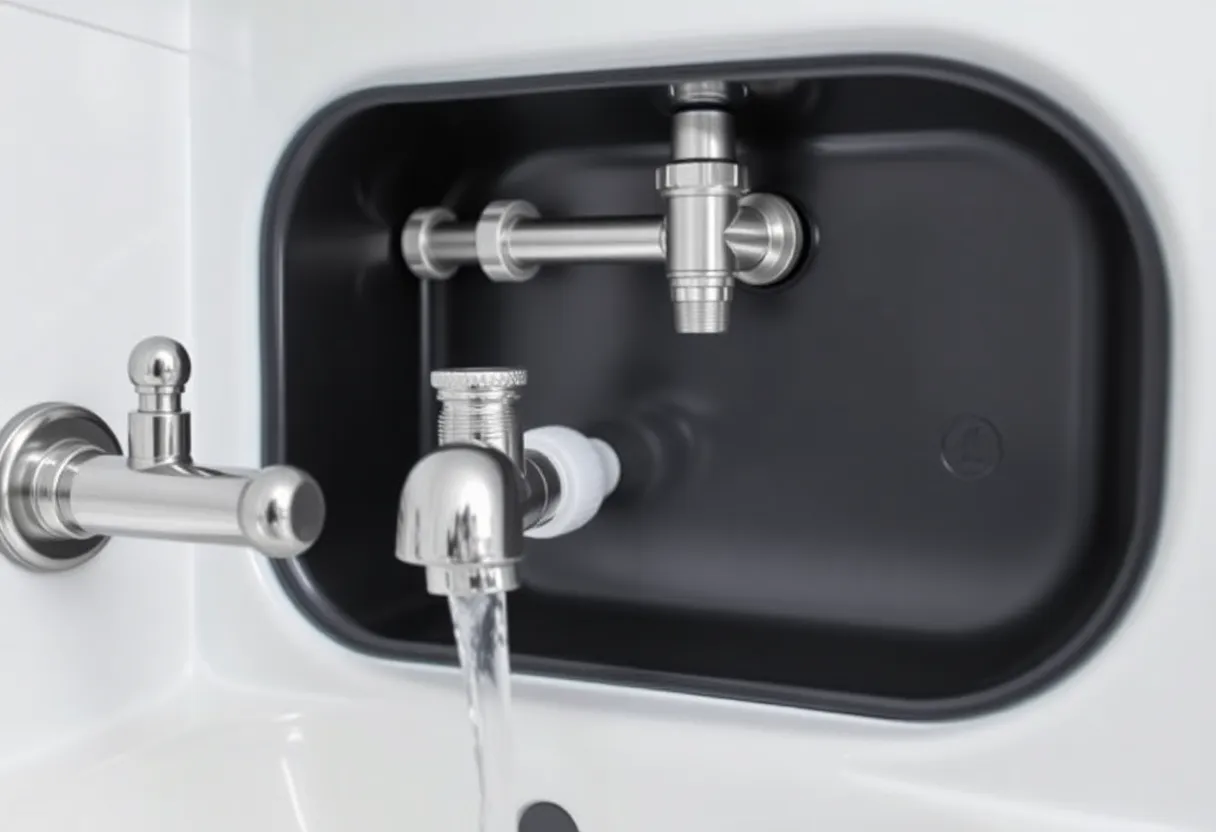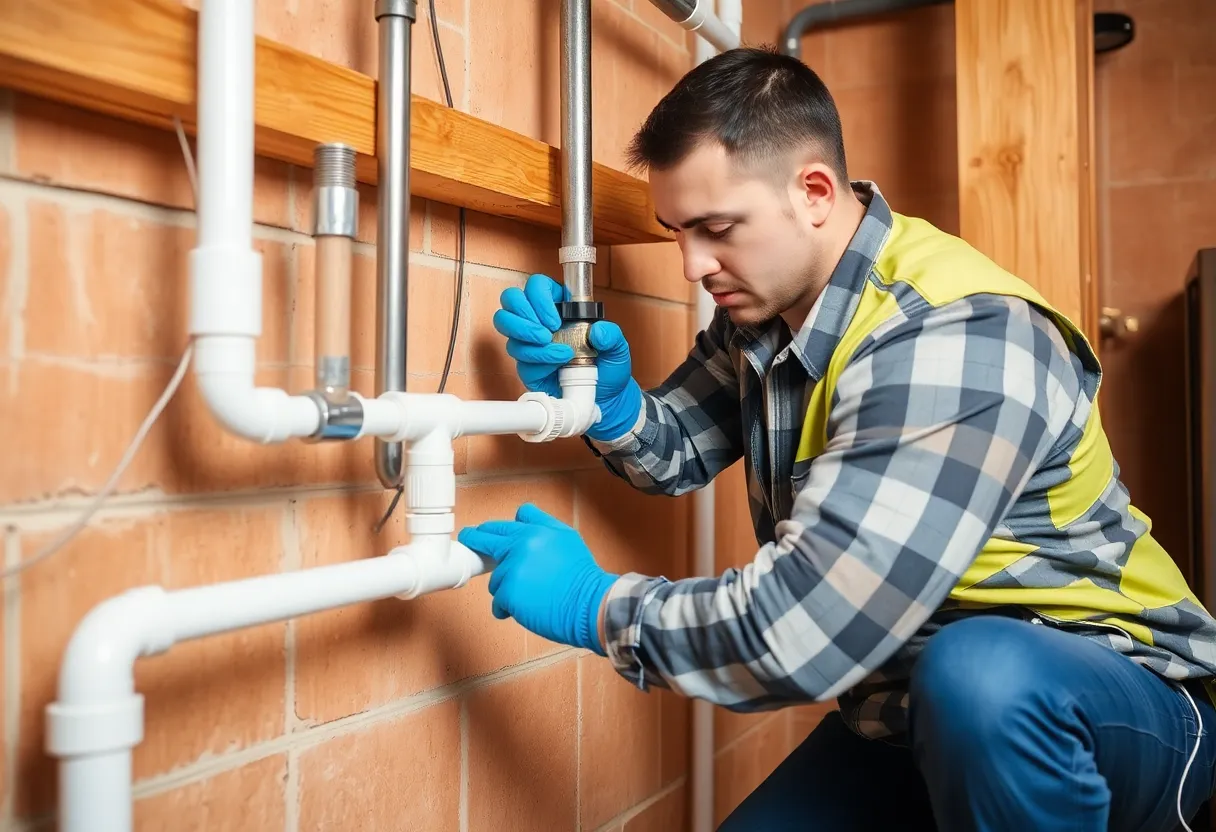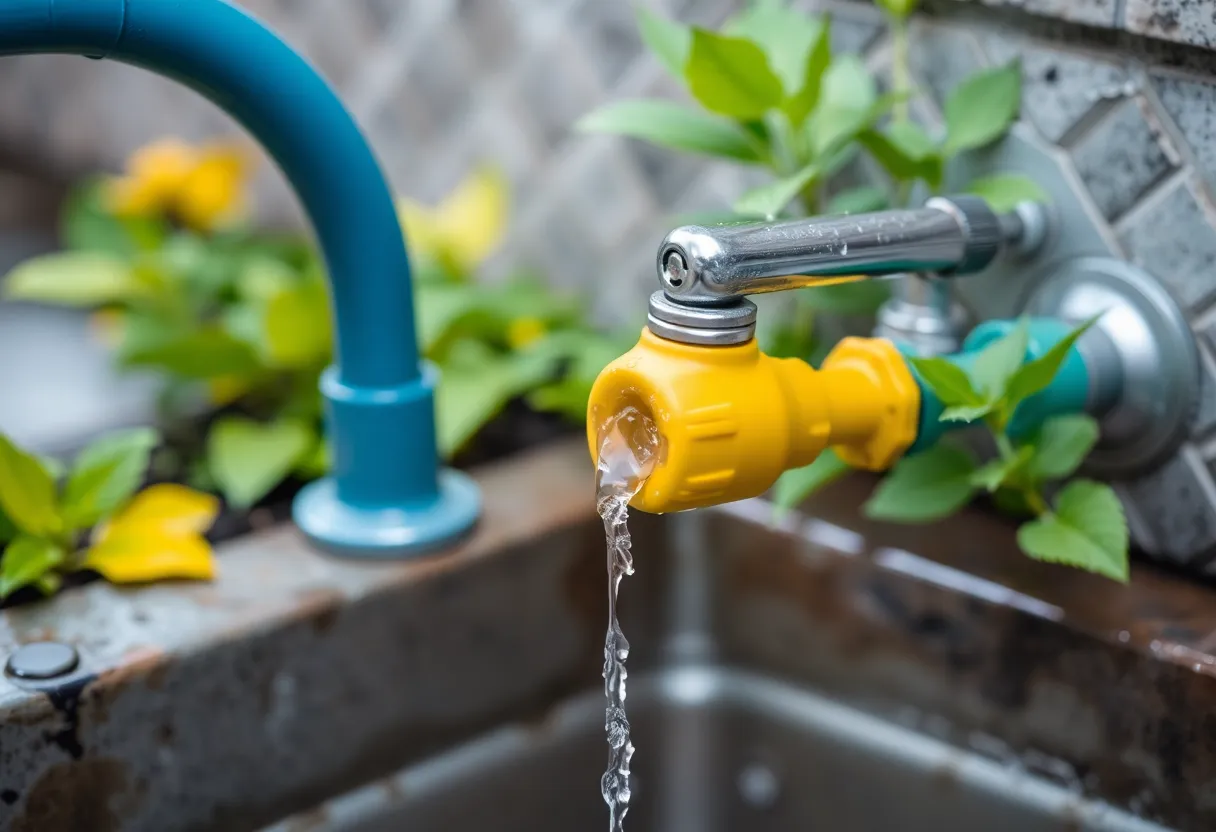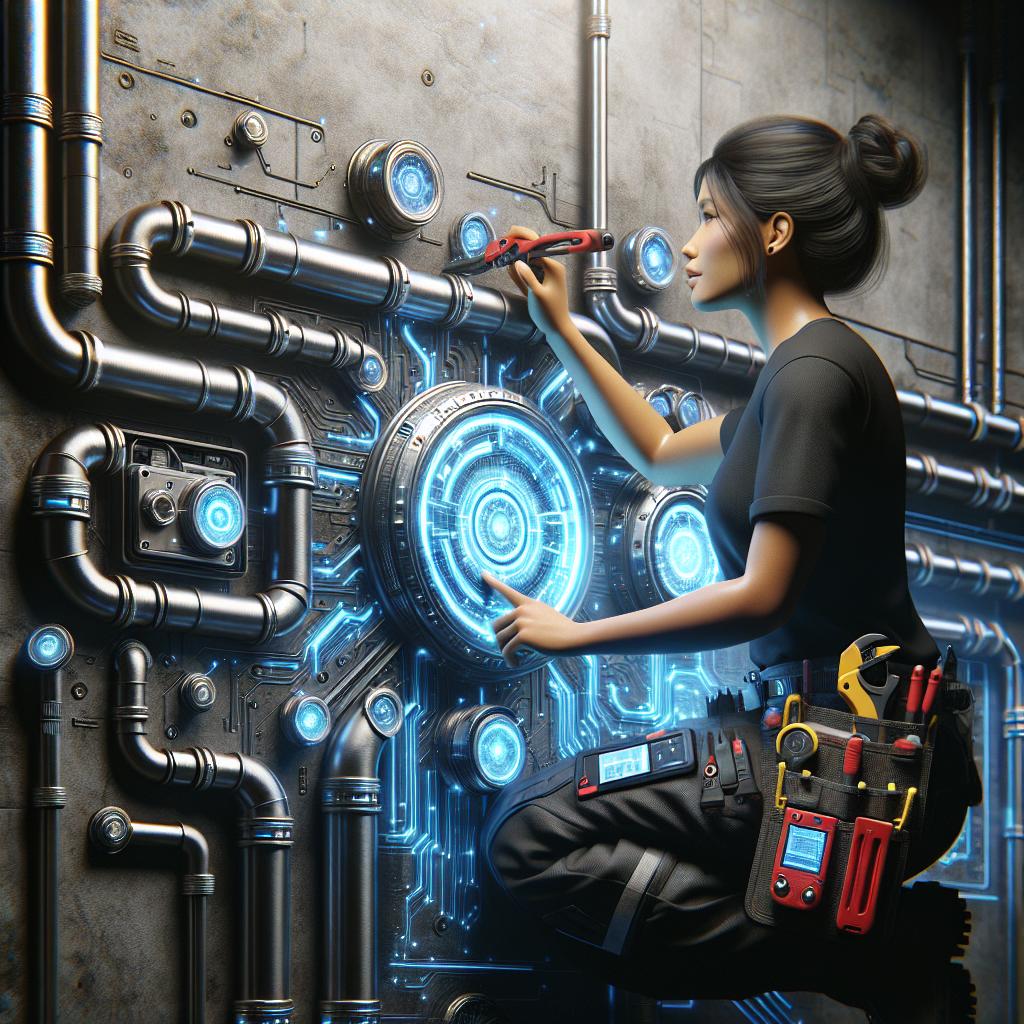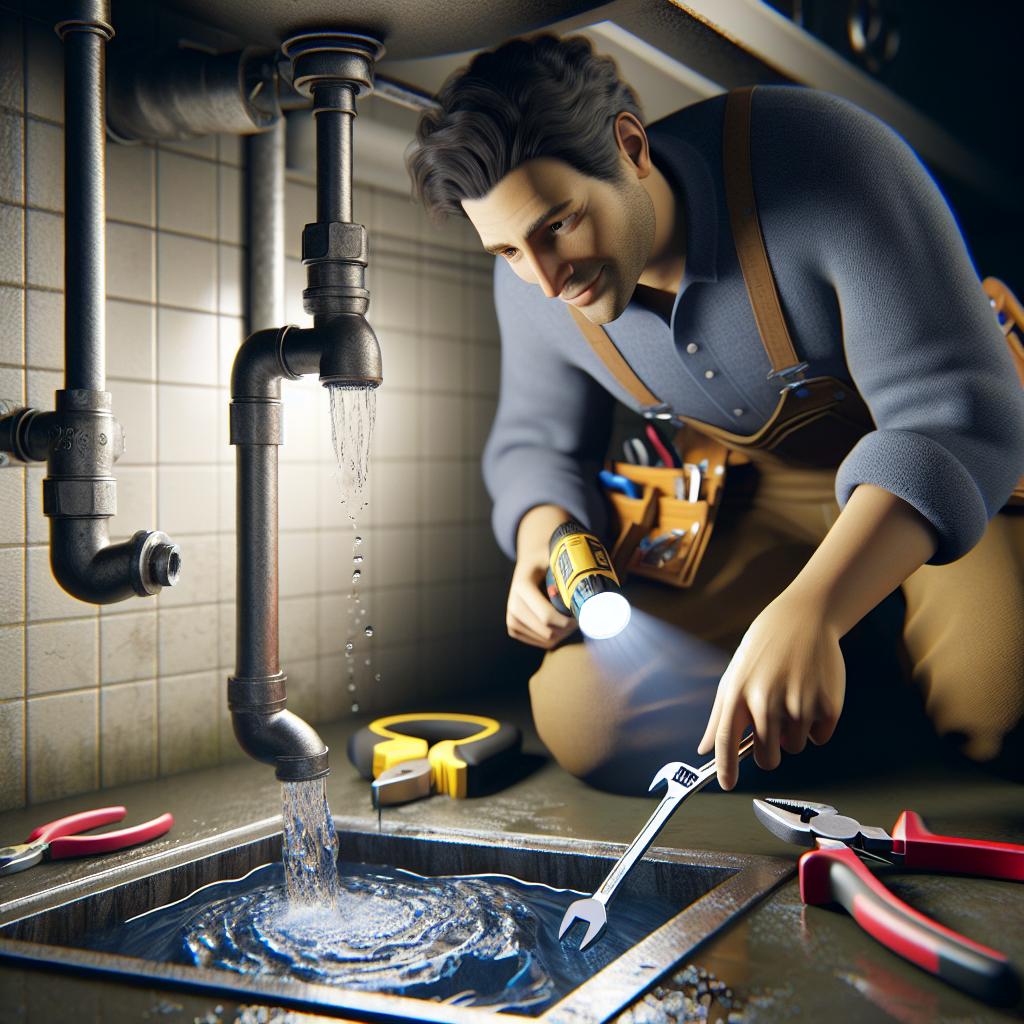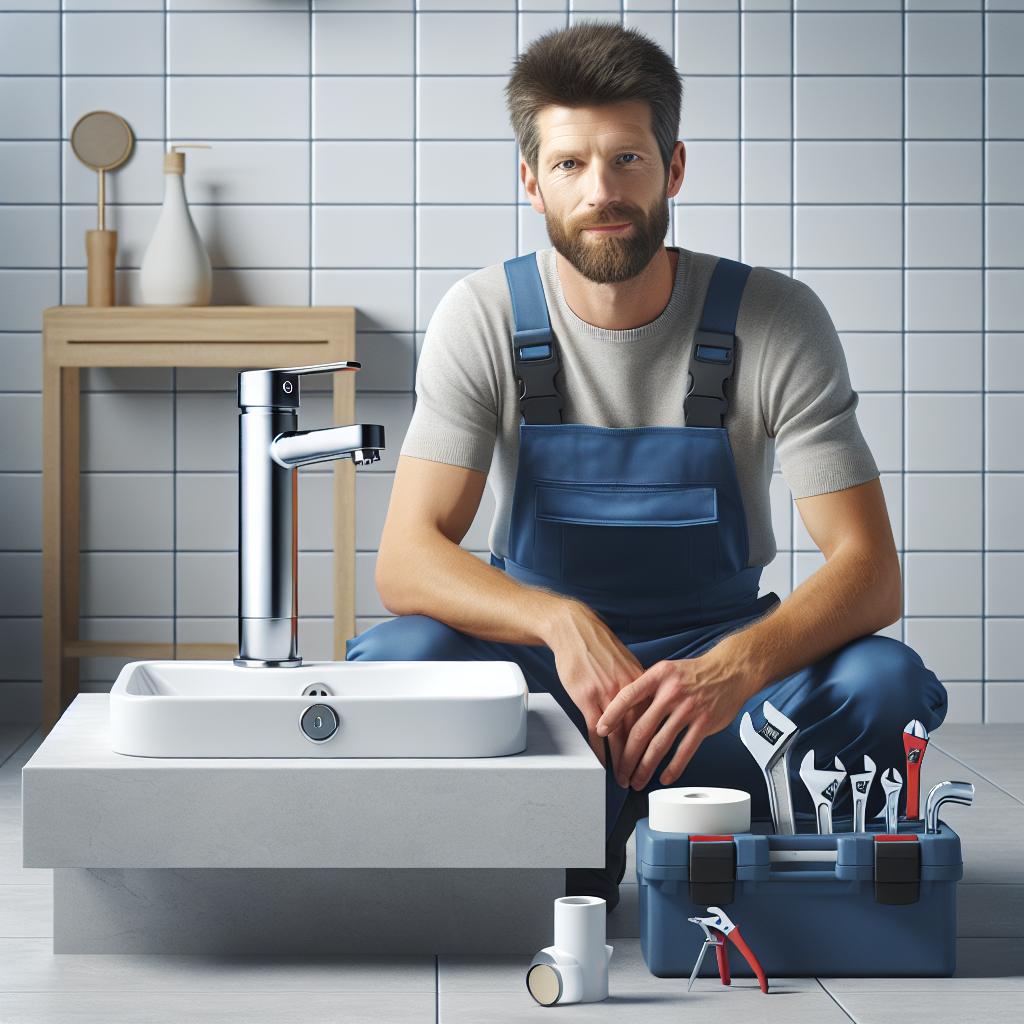Plumbing Trends 2025: 8 Cutting-Edge Innovations Shaping the Future of Home Water Systems
The world of plumbing is undergoing a transformative revolution as we head into 2025. Technologies that once seemed futuristic are now rapidly becoming a reality, promising to streamline home water systems and enhance our everyday lives. This article will explore eight cutting-edge innovations that are shaping the future of plumbing, making it more efficient, sustainable, and user-friendly.
1. Smart Plumbing Systems
As homes become smarter, so too does their plumbing. Smart plumbing systems integrate technology such as IoT (Internet of Things) devices to monitor and manage water usage efficiently. These systems can detect leaks, monitor water pressure, and even alert homeowners through mobile apps if something goes wrong.
How Smart Plumbing Works
Smart plumbing solutions often involve sensors placed throughout your home’s plumbing system. These sensors can relay critical information to your smartphone or computer, allowing for real-time data analysis. For example, if a leak is detected, you may receive a notification that allows you to address the issue promptly before it escalates.
The Benefits of Smart Plumbing
- Early Detection: Quickly find leaks or other plumbing issues, potentially saving thousands in repairs.
- Water Conservation: Monitor water usage and identify areas where you can reduce consumption.
- Enhanced Control: Remotely manage your plumbing systems for peace of mind.
2. Advanced Water Filtration Systems
With increasing concerns about water safety and quality, advanced water filtration systems are becoming a staple in modern homes. Innovations in filtration technologies focus not only on removing contaminants but also on improving the taste and quality of tap water.
Types of Filtration Technology
Some of the most promising filtration technologies include:
- Reverse Osmosis: Removes a wide range of contaminants through a semi-permeable membrane.
- UV Filtration: Uses ultraviolet light to kill harmful bacteria and viruses in the water.
- Activated Carbon: Effective in removing chemicals and improving taste.
Why Invest in Advanced Filtration
Not only do these systems ensure safer drinking water, but they also lead to improved health outcomes. By incorporating such technology, homeowners can reduce their reliance on bottled water, contributing to environmental sustainability.
3. Eco-Friendly Plumbing Materials
The shift towards sustainability is becoming more pronounced in the plumbing industry. In 2025, we can expect to see an increase in the use of eco-friendly plumbing materials. These include recycled materials, biodegradable pipes, and more sustainable sourcing of traditional plumbing products.
Examples of Eco-Friendly Materials
- PEX (cross-linked polyethylene): Offers flexibility and reduced waste during installation.
- Bamboo Pipes: An innovative alternative that is both strong and sustainable.
- Recycled Copper: Reduces the need for new mining, helping to conserve resources.
Advantages of Eco-Friendly Plumbing Materials
Choosing eco-friendly options not only supports environmental efforts but may also lead to energy savings over time, as many green materials are designed for improved insulation and efficiency.
4. Tankless Water Heaters
Tankless water heaters are gaining traction as one of the most efficient hot water solutions available, and by 2025, they will likely become the standard in modern homes. These systems provide hot water on demand, eliminating the need for bulky storage tanks.
How Tankless Water Heaters Work
Tankless water heaters utilize high-powered burners to heat water as it flows through the unit, providing a continuous supply as long as the taps are open. This results in no more “cold water sandwiches” during lengthy showers!
Benefits of Going Tankless
- Energy Efficiency: Saves energy by only heating water when needed.
- Space Saving: Frees up valuable space previously occupied by a traditional tank heater.
- Longevity: Tankless models have a longer lifespan compared to traditional heaters.
5. Greywater Recycling Systems
As water scarcity becomes a more pressing issue, household greywater recycling systems are being recognized as a viable solution for conserving water. Greywater refers to wastewater generated from sinks, showers, and washing machines—water that can be filtered and reused for irrigation or flushing toilets.
The Process of Greywater Recycling
Greywater systems collect the wastewater and treat it using advanced filtration processes before redirecting it for reuse. A well-designed greywater system can significantly decrease the amount of potable water used in a home.
Benefits of Greywater Recycling
- Water Conservation: Reduces the demand for fresh water.
- Cost Reduction: Lowers water bills, making it financially beneficial over time.
- Environmental Impact: Lessens the overall impact on local water sources.
6. Intelligent Leak Detection Systems
Homeowners are increasingly investing in intelligent leak detection systems that can pinpoint leaks within plumbing systems before they become significant problems. Installing these systems can save homeowners money and stress associated with unanticipated plumbing disasters.
How Leak Detection Technology Works
Modern leak detection systems use various technologies, including:
- Acoustic Sensors: Detect sound waves that indicate a leak.
- Thermal Imaging: Identifies temperature differences that indicate leaks.
- Pressure Sensors: Monitor changes in water pressure that suggest leaks.
The Advantages of Intelligent Leak Detection Systems
These systems not only help avoid costly damage but also provide valuable data analytics to inform better water usage, helping homeowners become more aware of their water consumption patterns.
7. Virtual Reality for Plumbing Design
Virtual reality (VR) technology is starting to revolutionize the planning and design stages of plumbing projects. With the power of VR technology, homeowners and professionals can visualize plumbing layouts in their space before any actual work begins.
How VR Improves Plumbing Design
By using VR, contractors can create simulations allowing clients to walk through a digital representation of their plumbing systems. This feature provides a better understanding of how the plumbing will function in the actual space, leading to more informed decisions.
Benefits of Using Virtual Reality
- Improved Communication: Enhances discussions between homeowners and contractors.
- Reduced Errors: Helps identify potential issues before construction begins.
- Increased Satisfaction: Homeowners feel more involved in the design process.
8. Water Monitoring Systems
As we move towards a more data-driven approach in managing our homes, water monitoring systems are rising in popularity. These systems measure water flow, temperature, and usage habits in real-time.
What Water Monitoring Systems Offer
Water monitoring systems use smart sensors to capture and analyze data, offering valuable insights to homeowners about their water consumption. They can generate reports that help identify trends, peak usage times, and inefficiencies.
The Advantages of Water Monitoring
- Cost Savings: Helps you identify leaks and reduce unnecessary usage, leading to lower water bills.
- Environmental Benefits: Promotes conservation by helping users become more aware of their water habits.
- Informed Decisions: Allows homeowners to make data-driven choices about water usage.
Conclusion
As we look ahead to 2025, the plumbing industry is poised to experience significant advancements that will transform how we manage water in our homes. From smart technology to eco-friendly materials, these innovative trends will not only enhance convenience but also contribute to environmental sustainability and resource conservation.
Homeowners who invest in these cutting-edge plumbing solutions will not only improve their home water systems but will also play an active role in promoting a greener and more sustainable future.




